Neem oil is a natural product that is derived from the seeds of the neem tree (Azadirachta indica) and is used as a biological control agent to manage a wide range of pests in agricultural and horticultural crops, including:
-
Lepidopteran insects: Neem oil is effective against caterpillars of butterflies and moths, including the tobacco budworm, and the tomato hornworm.
-
Coleopteran insects: Neem oil can also be effective against beetles, including the Japanese beetle.
-
Dipteran insects: Neem oil can be effective against flies, including the house fly and the fruit fly.
-
Hemipteran insects: Neem oil can be effective against certain types of true bugs, including the cotton bollworm and the soybean aphid.
-
Thysanopteran insects: Neem oil can be effective against thrips, which are tiny, slender insects that feed on plants.
Neem oil is often used in conjunction with other pest management strategies to provide a more comprehensive approach to pest control. It is considered a safe and effective way to manage pests because it is specific to certain groups of insects and has low toxicity to humans, animals, and the environment. However, neem oil can be toxic to fish and other aquatic organisms, so it should be used with caution near bodies of water.
How to Neem Oil is applied:
-
Choose the right formulation: Neem oil is available in a variety of formulations, each of which is effective against a specific group of insects. Choose a formulation that is specifically designed to control the pest that you have identified.
-
Mix the neem oil according to the label instructions: Follow the instructions on the product label carefully when mixing the neem oil. Different formulations may have different application rates and precautions, so it is important to follow the instructions carefully.
-
Apply the neem oil: Neem oil can be applied using a variety of methods, including spraying, dusting, or soil drenching. Choose the method that is most appropriate for the pest and the stage of growth of the plant.
-
Reapply as needed: Neem oil is most effective when applied during the larval stage of the pest's life cycle, when the pest is actively feeding on the plant. If the pest population persists, you may need to reapply the neem oil according to the label instructions.
Here are some potential pros and cons of using neem oil in your vegetable garden:
Pros:
-
Effective against a wide range of pests: Neem oil is effective against a wide range of insects, including caterpillars, beetles, flies, true bugs, and thrips.
-
Specific to certain groups of insects: Neem oil is specific to certain groups of insects, so it only affects the pests that it is designed to control. This helps to minimize the impact on non-target organisms.
-
Safe for humans and animals: Neem oil has low toxicity to humans and animals, making it a safe alternative to some chemical pesticides.
-
Can be used as a fungicide: In addition to its pest management properties, neem oil can also be used as a fungicide to control a variety of fungal diseases.
Cons:
-
May not be effective against all pests: Neem oil is effective against a wide range of pests, but it may not be effective against all types of pests.
-
May require multiple applications: Neem oil is most effective when applied during the larval stage of the pest's life cycle, when the pest is actively feeding on the plant. If the pest population persists, multiple applications may be necessary.
-
Can be toxic to aquatic organisms: Neem oil can be toxic to fish




Share and get 15% off!
Simply share this product on one of the following social networks and you will unlock 15% off!